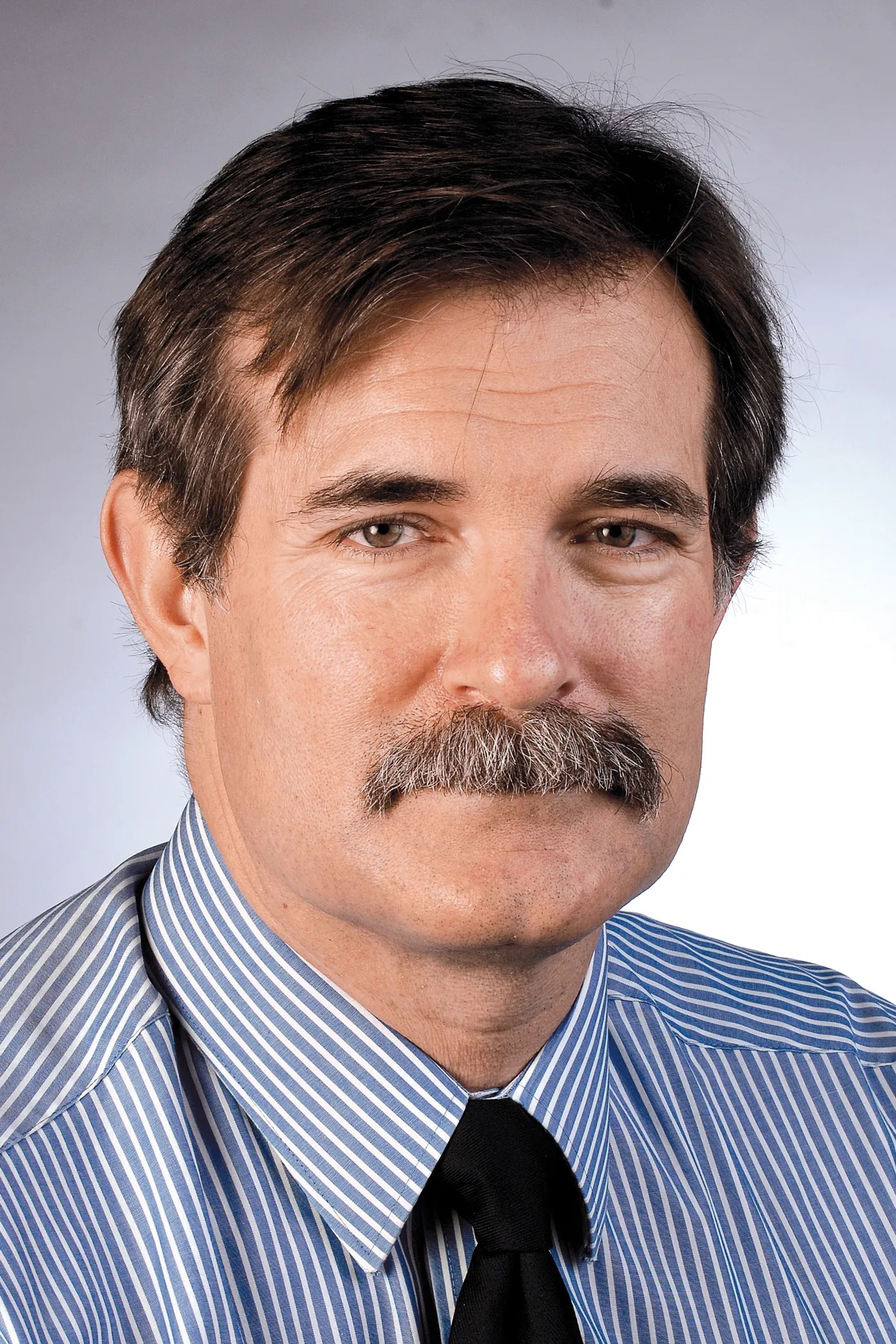OPINION: The history these GOP lawmakers don’t know
Editorial: The Lewiston Tribune’s Opinion
Who cares what Idaho voters want? Not Idaho Republican lawmakers.
If it’s the will of the people to pass the Open Primaries Initiative on Nov. 5, these lawmakers have pledged to amend — or even outright repeal — the measure when they reconvene in January.
The OPI would allow anyone regardless of political affiliation and in the privacy of the voting booth to select the top four vote-getters in any race during the spring primary and then decide the final outcome through ranked choice voting in November. That would empower hundreds of thousands of voters who are unaffiliated and often avoid participating in the primary election to decide their own destiny — rather than deferring to the smaller GOP base that is imposing minority rule on the rest of us.
Counter these legislators: This would not be the first time lawmakers stepped in and erased the voice of the people for their own good. In 2002, the Legislature not only repealed the term limits initiative voters passed eight years earlier — but it did so by overriding then-Gov. Dirk Kempthorne’s veto by a two-thirds majority. These politicians paid no price at the polls. So if lawmakers could get away with repudiating the voters then, why not now?
Here’s why:
Supporters — OPI is on the ballot because of the efforts of an Idaho-based grassroots, largely volunteer campaign that signed up nearly one of every 10 voters.
By contrast, the 1994 term limits initiative was the handiwork of an out-of-state network with national designs funded by people such as Manhattan real estate investor Howard S. Rich, the CATO Institute and Charles and David Koch. They allocated more than $800,000 to bankroll term limit ballot measures across four election cycles in the Gem State.
Agenda — Certainly few Idaho voters had any qualms with the open primary system. It was the hyperpartisan wing of the GOP that took the voters to court more than a dozen years ago and imposed upon them the requirement to publicly register as a Republican in order to vote in a primary election that in most cases decides who holds office.
The change worked exactly as its architects desired. Over time, Idaho’s one-party government became more beholden to the extremists rather than ordinary voters.
Regular Idahoans didn’t want assaults on libraries and book bans. They got them.
Idahoans wanted their right to the initiative process preserved. The Legislature voted to all but abolish it. Only the state Supreme Court stood in the way.
Idahoans didn’t want the state Legislature laser-focused on culture wars. They got that, too.
And it wasn’t ordinary Idaho voters who controlled state politicians. Instead, the power shifted to extremist groups such as the Idaho Freedom Foundation, the Idaho Family Policy Center as well as the Republican central committees from Kootenai and Bonneville counties.
The OPI is a constitutionally valid means of restoring authority to those ordinary voters.
Terms limits were not only a solution in search of a problem, but they over-promised. When they backed term limits in the fall of 1994, Idaho voters were told the initiative would dislodge the entrenched Democratic congressional majorities. Ironically, that same election swept Republicans into control of Congress for the first time in four decades. The following year, the U.S. Supreme Court ruled that imposing congressional term limits is beyond the reach of the states.
State supreme courts in Oregon, Washington and to a limited degree Wyoming also ruled that term limits violated their state constitutions. When Idaho’s Supreme Court upheld the 1994 initiative, it left in place one of the most far-sweeping systems of term limits in the nation — running from the governor to school boards.
So Idaho was stuck with the worst of all worlds. They got unrestricted congressional seniority while the people they trusted with often hard-to-fill jobs overseeing schools, cities and counties — as well as legislative and statewide offices — were about to be arbitrarily tossed out after serving a couple of terms.
Timing — Idaho lawmakers waited eight years after voters passed term limits to repeal them. That allowed ordinary Idahoans to witness in real time how the term limits law was actually depriving them of making their own choices at the polls.
This year, state lawmakers aren’t even waiting for the voters’ verdict. These so-called public servants are saying up front whose voice counts — and it’s not the voice of the people.
Public support — By the time Idaho lawmakers repealed term limits, their appeal had clearly waned.
When term limits first appeared on the ballot, the initiative won 59.4%. The margins began to evaporate from there. In 1996, support dropped to 56.1%. Two years later, it was down to 53.2%.
After the repeal in 2002, the advocates behind term limits could not even round up enough signatures to submit the Legislature’s decision to a referendum. Instead, a slight majority — 50.2% — expressed their approval of the Legislature’s decision in an advisory vote.
In the end, the common thread is choice at the ballot box. The term limits initiative sought to minimize it. The Open Primaries Initiative seeks to enhance it. GOP lawmakers may not get the distinction. Here’s betting the voters will. — M.T.









